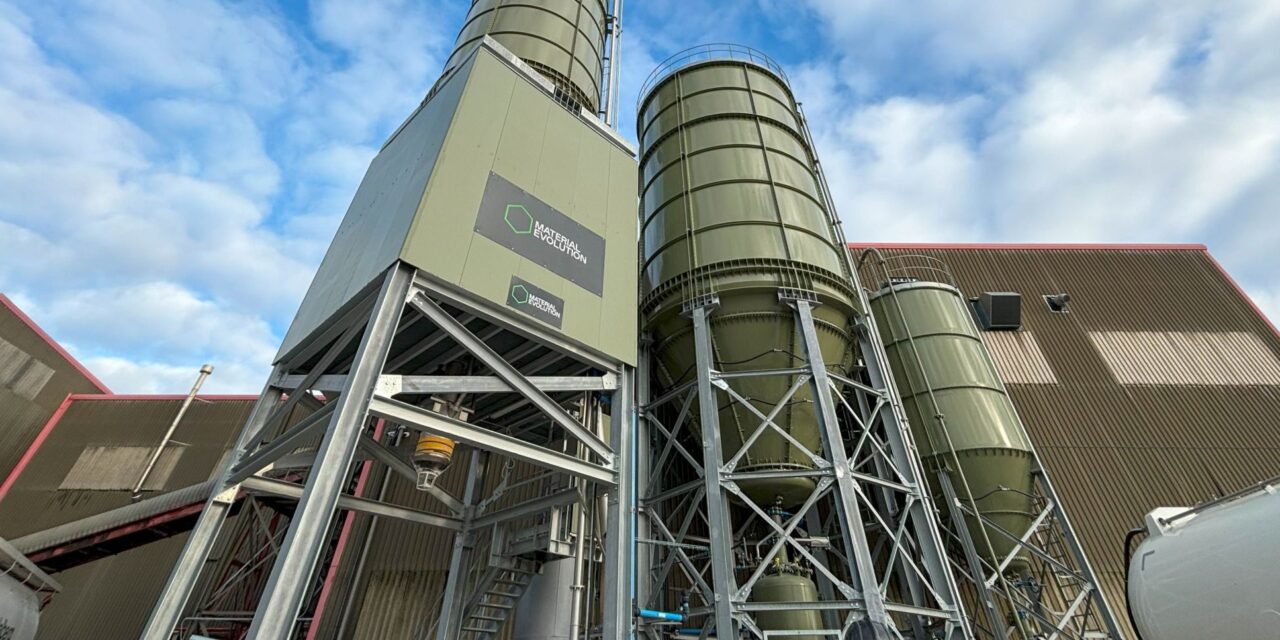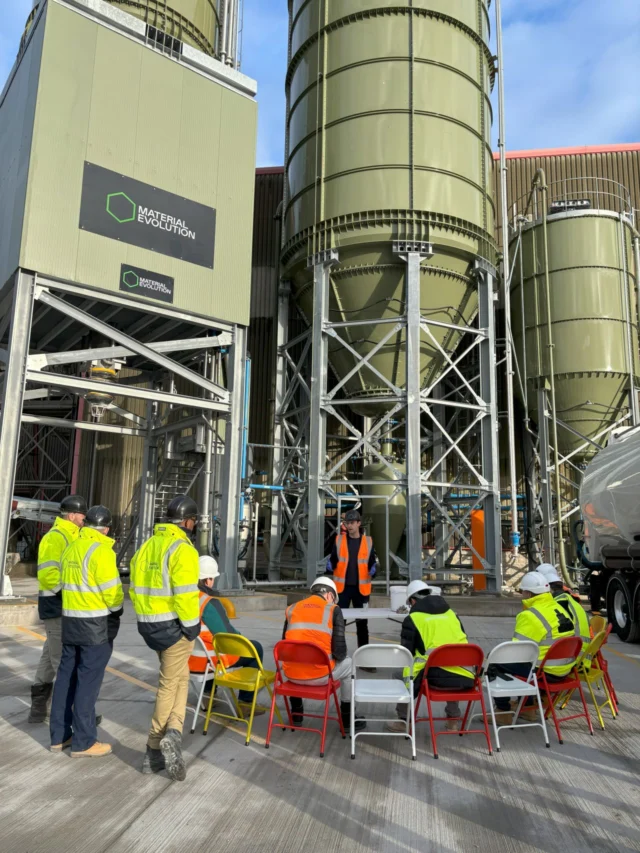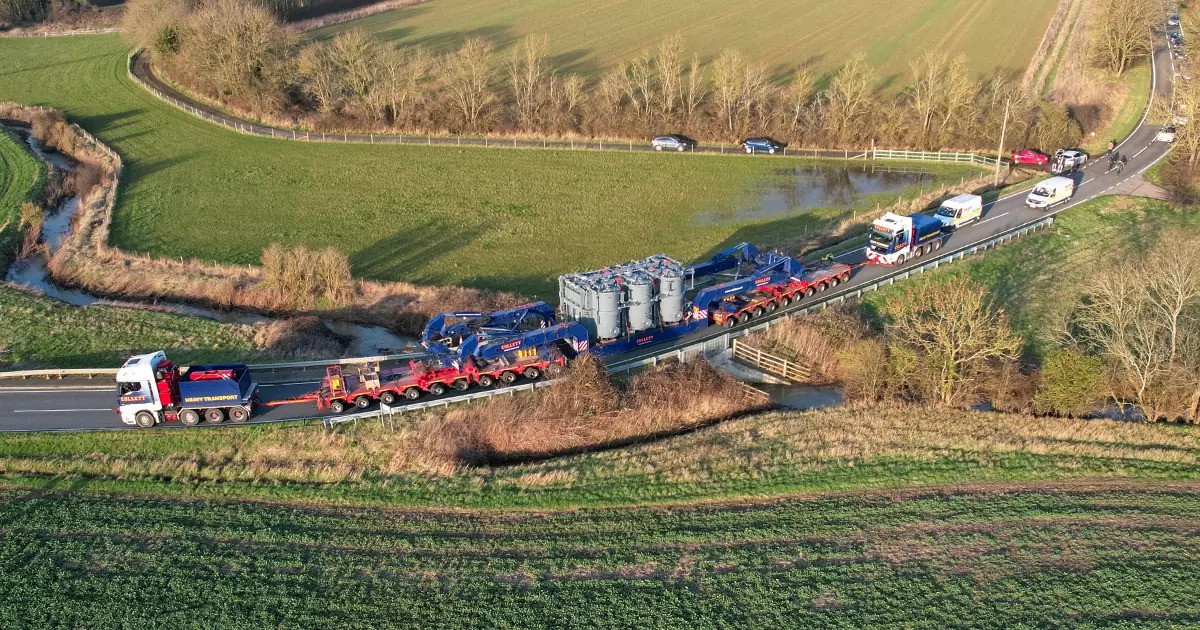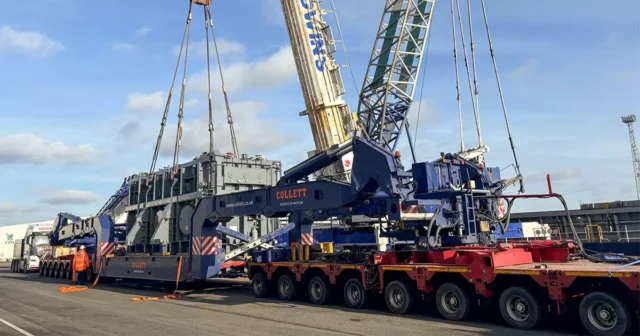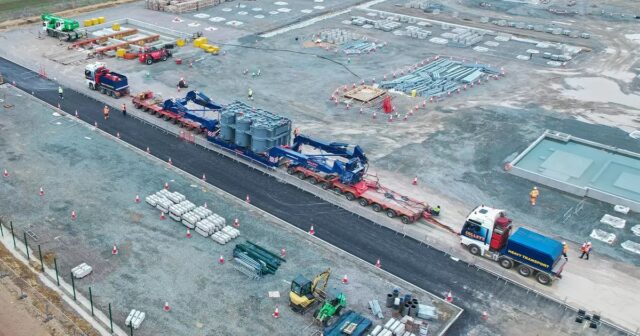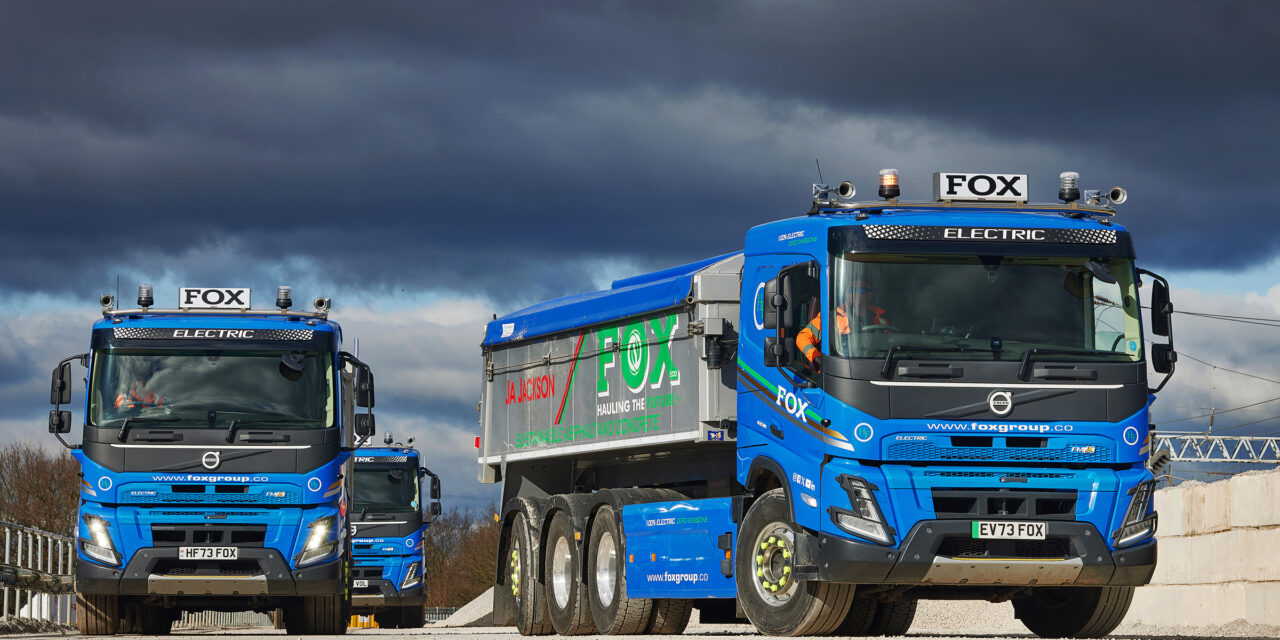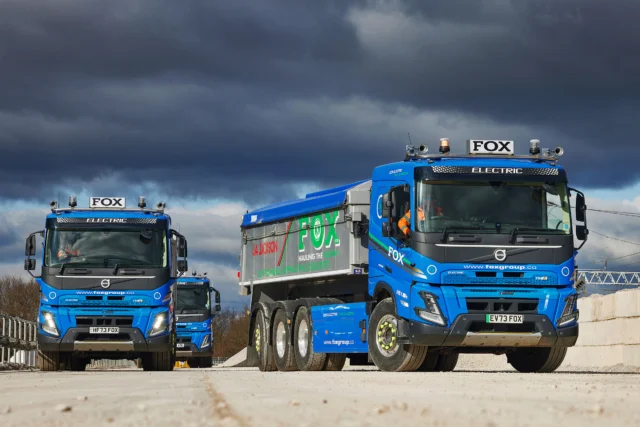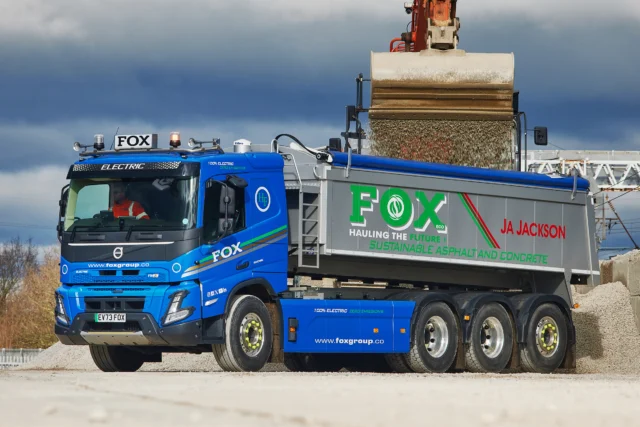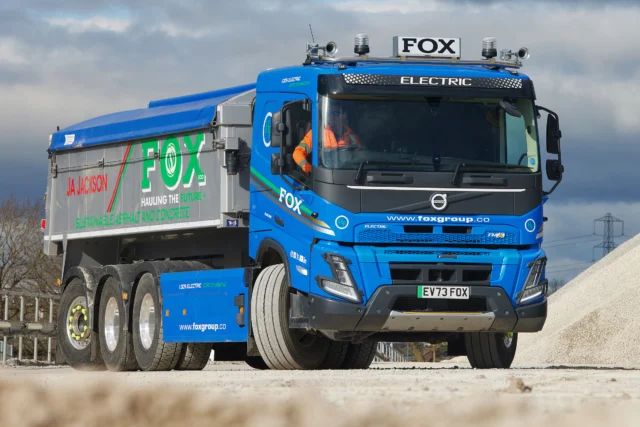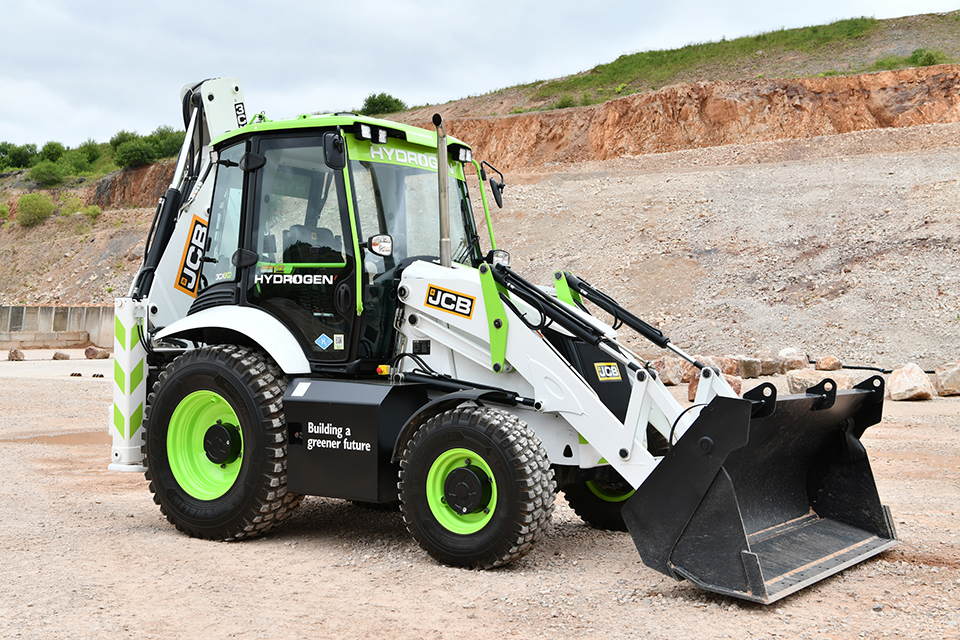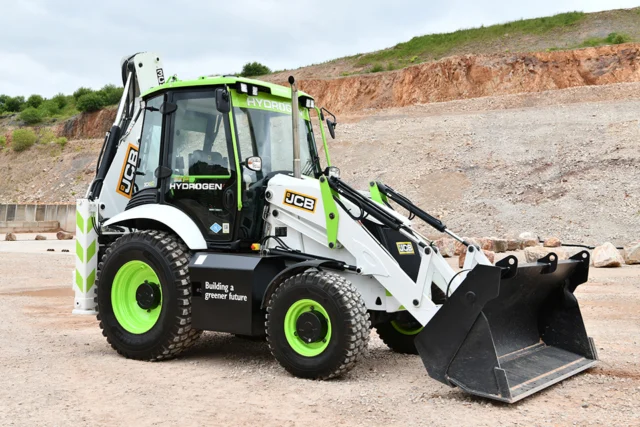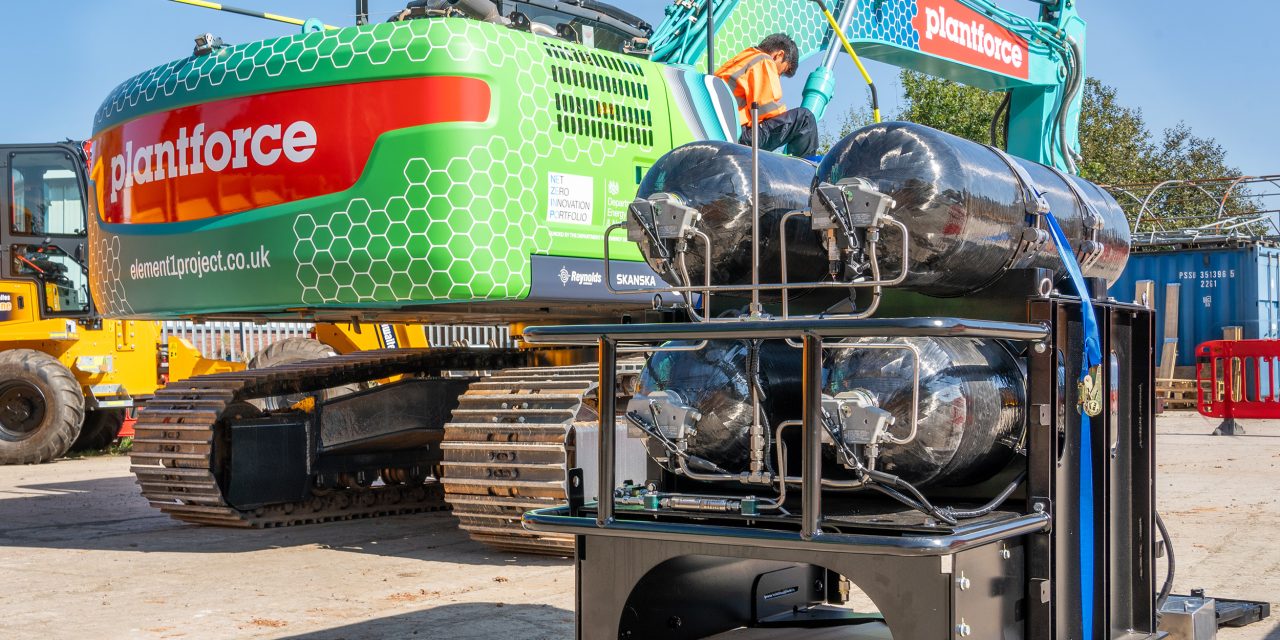
Leading hydrogen technology company ULEMCo has announced the launch of HyConstruct, an industry wide collaborative R&D project aimed at significantly reducing CO2 emissions from heavy-duty off-highway equipment used on construction sites. The company and its partners – GeoPura, Plantforce, BAM and BRE – will work to develop and demonstrate an advanced control system to increase the proportion of energy coming from the company’s globally innovative hydrogen dual-fuel technology, and to accelerate the decarbonisation of the UK construction sector.
The year-long project, which begins this month, is supported by funding from the Advanced Propulsion Centre (APC) via its Advanced Route to Market Demonstrator 4 (ARMD4) programme. HyConstruct will develop and demonstrate the cutting-edge control system designed to substantially increase the hydrogen substitution rate in heavy machinery, and ultimately make investment in the transition to low-carbon in construction more commercially viable.
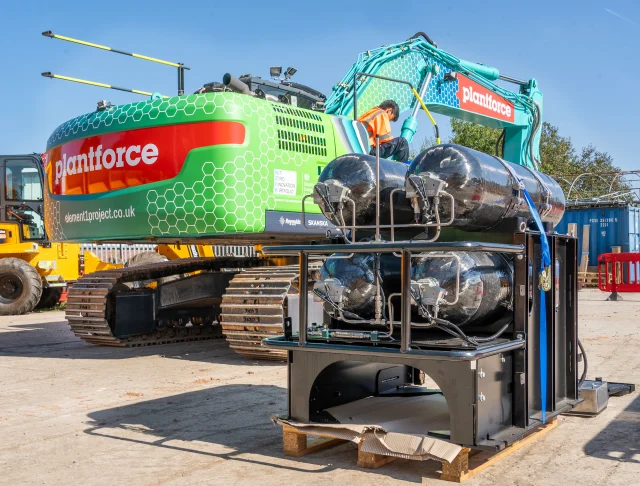
HyConstruct builds directly on the success of the recent DESNZ-funded Element1 project, which established hydrogen dual-fuel as a practical and viable ‘stepping-stone’ technology toward 100% hydrogen-powered construction equipment, enabling displacement rates of diesel with hydrogen that delivered significant CO2 reduction and demonstrated the full hydrogen supply chain approach to zero-carbon fuel on site.
HyConstruct will focus on applying advanced control algorithms and AI to the dual-fuel engine control system, that will increase the machine’s capability to use even more hydrogen. This will enable hydrogen consumption to be boosted to a level where the scale of use on site further improves the business case for wholesale plant upgrades and be competitive to diesel supply costs.
The advanced control system will be validated on real-world plant at a working construction site managed by consortium partner BAM, including upgrading Kobelco excavators previously enabled under Element1 with the new control system. And for the first time ever, a heavy-duty articulated dumper truck (ADT) supplied by Plantforce; essential pieces of equipment on construction sites that are notoriously difficult to decarbonise.
Hydrogen supply and logistics partner GeoPura will supply low-carbon hydrogen, off grid refuelling capability and zero emission power for the project via its HPU technology, enabling the safe and practical use of hydrogen-powered construction equipment, and creating a commercial foundation for large-scale hydrogen deployment in the sector. BRE will be responsible for learning capture and industry dissemination. The project will further test onsite refuelling and hydrogen supply options to ensure the whole-site feasibility of dual-fuel plant upgrades.
“Decarbonising construction plant is essential to support the UK’s net-zero goals, particularly as new energy infrastructure and construction investment is planned to drive economic growth”, said Amanda Lyne, Managing Director of ULEMCo. “Converting existing equipment to run on clean hydrogen points the way to saving the carbon from these machines now, as well as saving the embedded emissions from the actual construction phase itself.”
Alistair Gemmel, Chief Business Development Officer at GeoPura added: “HyConstruct is a significant next step in developing technology that demonstrates that zero-carbon fuels can power heavy machinery without disrupting productivity. By supplying and managing the hydrogen used on site, we’re helping the consortium prove how hydrogen can be safely and efficiently integrated into construction operations, which will ultimately bring the construction sector closer to being both commercially and environmentally sustainable.”
As an APC ARMD project, the upgraded hydrogen-enabled machines are expected to be available for display at the CENEX Expo in 2026, showcasing the UK’s leadership in sustainable off-highway transport solutions.
Earlier this month, ULEMCo announced the first commercial sale of its HyTANKa® mobile hydrogen refuelling bowser.

